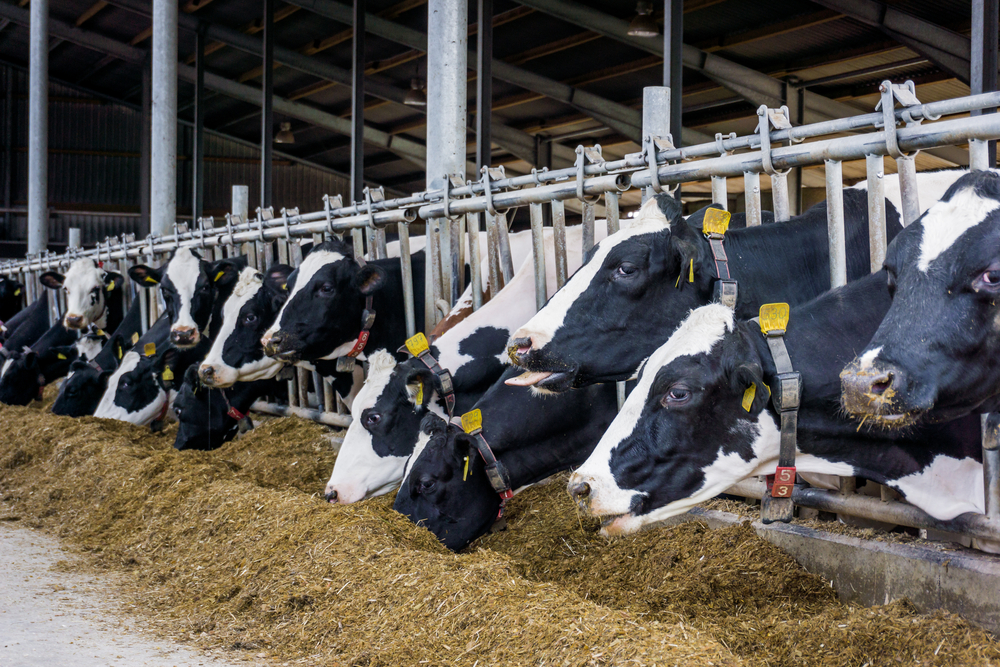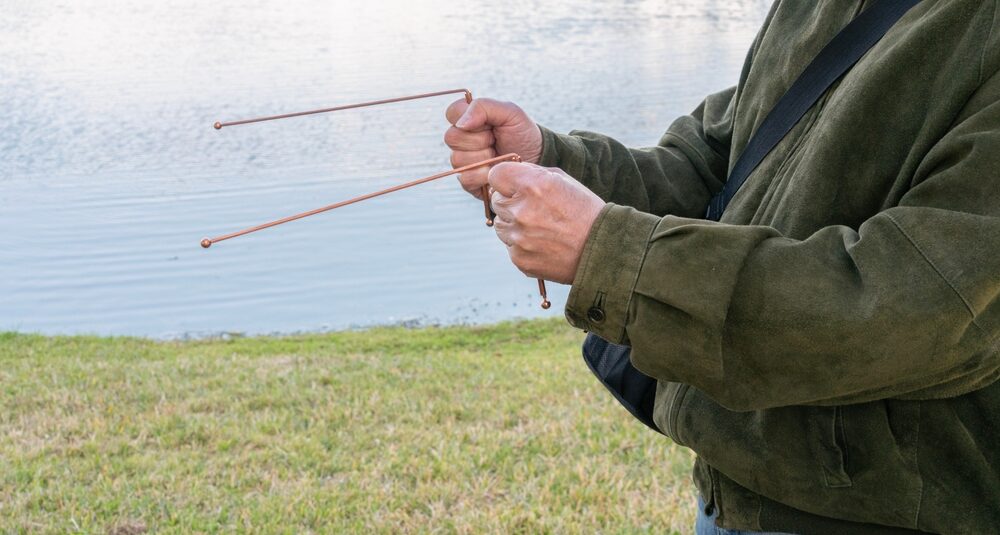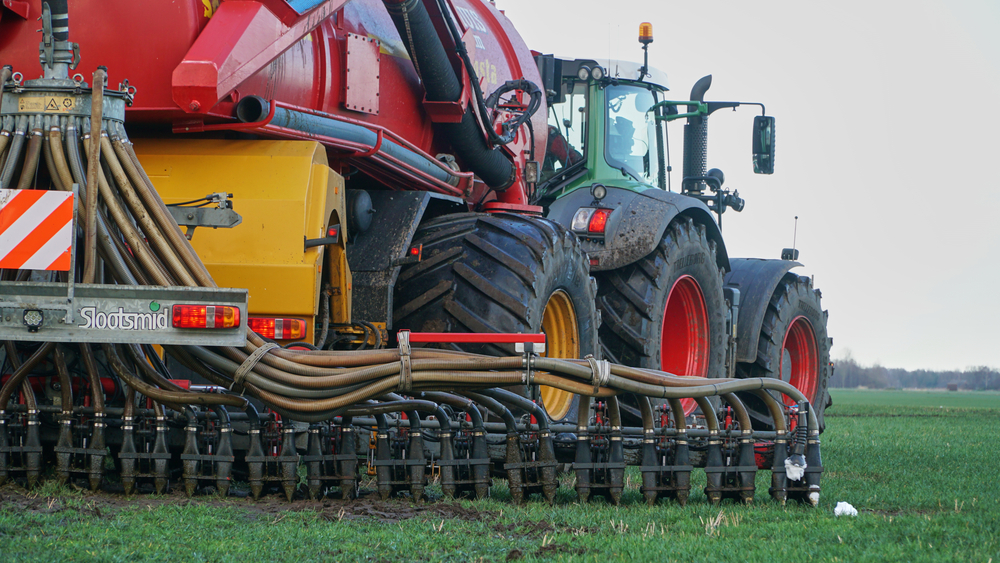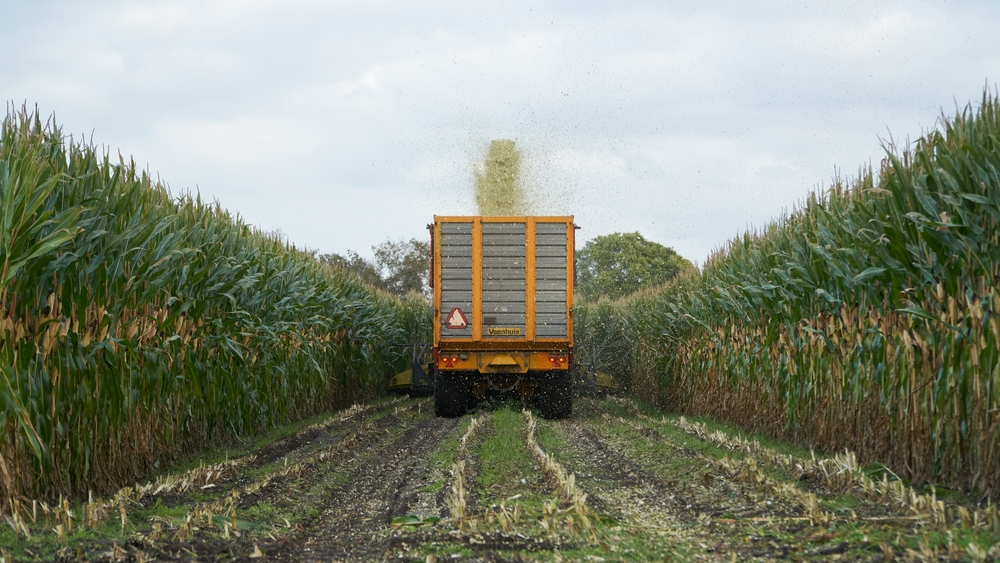Sustainable dairy farms in the Netherlands also do better financially. However, the economic perspective depends heavily on business characteristics that cannot be easily changed.
This is the conclusion reached by Wageningen Economic Research in a study conducted at the behest of sector organisation ZuivelNL. The research involved 236 dairy businesses, subdivided into a group of the 25 per cent highest rated businesses on the Sustainable Dairy Chain themes of biodiversity, climate and the degree to which they rely on the land and a group consisting of the remaining 75 per cent.
The comparison shows that dairy farmers in the sustainable group fared better commercially due to lower costs and higher returns. Their annual profits averaged 28,500 euros more than the other group, even with the sustainable businesses being smaller in size. The sustainable dairy farms produced an average of 838 thousand kilogrammes of milk per year, while the other businesses averaged 150 thousand kilos more.
Costs and benefits
The sustainable businesses had fewer expenses for feed (-2.13 euros per 100 kg of milk) and manure removal (-0.25 euros). This effect is due to the sustainable farms being more extensive. There was more land per cow than in the other group. The sustainable dairy farms produced an average of 14,400 kilogrammes of milk per hectare, while the other group produced over 3000 kilogrammes more per hectare.
The sustainable businesses have relatively higher profits, with a difference of 3.30 euros per 100 kilos of milk. Half of this amount is due to the higher price their milk fetches due to the subsidies provided for their sustainability performance, such as farming organically or having an On the way to PlanetProof-label. There were significantly more such businesses in the sustainable group than among the remaining businesses. The other half of the difference in profit can be attributed to such aspects as changes in stock and payment rights (= EU funds from the common agricultural policy). Profits from recreation, subsidies, energy and work for third parties are not significantly different between the two groups.
No generalisations
Sustainable businesses are most frequently located in Overijssel, Friesland and Groningen, the provinces where drought is less of an issue than elsewhere. Moreover, the sustainable farms were generally managed by older dairy farmers (45-55 years) who generally have more experience and financial stability than their younger colleagues.
The fact that sustainable dairy farms showed a better financial result does not mean that each dairy farmer has the option of developing in that direction, the researchers caution. Specific business characteristics such as land position, barn capacity and finances contribute heavily to the calculations. ‘Being extensive is not the same as becoming extensive’, the report states.

 Sustainable businesses have lower costs; they spend less on, among other things, animal feed. Photo Shutterstock.
Sustainable businesses have lower costs; they spend less on, among other things, animal feed. Photo Shutterstock. 

